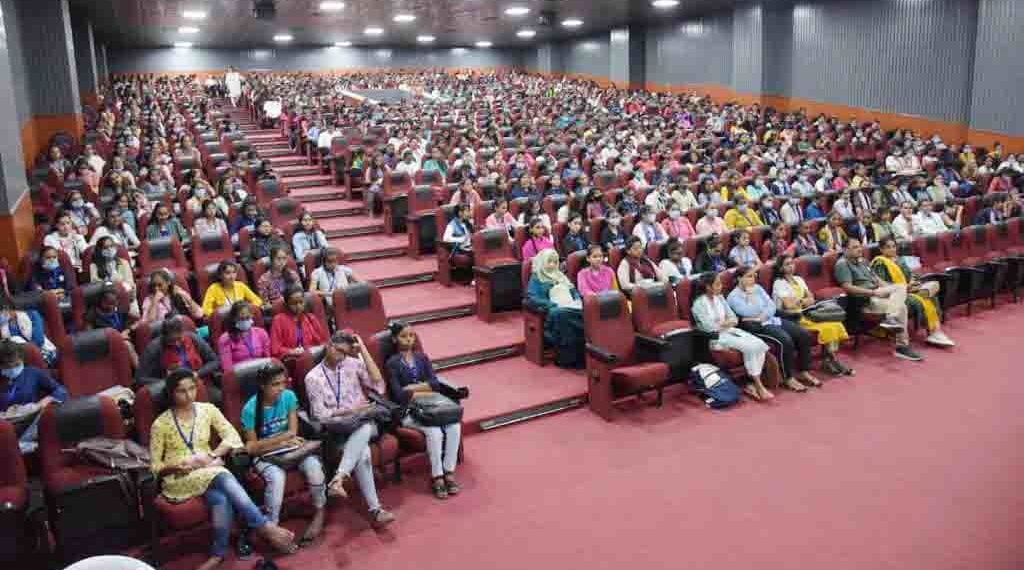The Indian Cooperative legal team has simplified the provisions in the Multi State Cooperative Societies (Amendment) Act, 2023 for its readers.
Excerpts:
1. The Multi-State co-operative societies in the thrift and credit business shall be categorized on the basis of their deposits into micro, small, medium and large categories.
2. No multi-State co-operative society shall grant loan or make advances against the security of its own shares.
3. Every multi-State cooperative society shall credit a sum calculated at one per cent of its net profits every year as contribution, within six months from the closing of the relevant financial year, towards the account of the Co-operative Education Fund, maintained by the Central Government. The Secretary, the Ministry of Cooperation will be the Chairperson of the Co-operative Education Fund.
4. The Central Government may appoint one or more Co-operative Ombudsman, to carry out the functions entrusted to such Ombudsman under provisions of the Act and the Central Government shall notify the territorial jurisdiction of each Ombudsman so appointed.
5. A member who desires to obtain information under sub-section (1) of section 106 of the Act, shall make an application in writing or through electronic means to the Co-operative Information Officer. The application fee, other charges for supplying the information and manner of payment shall be such as prescribed under the provisions of the Right to Information (Regulation of Fee and Cost) Rules, 2005.
6. The recruitment of employees at various levels would be carried out through a transparent, objective and adequately publicized competitive process as per the educational and experience criteria specified in the bye-laws of the society.
7. The person to be appointed as Chief Executive of a non-credit multi-State co-operative society shall satisfy the following criteria, namely:—shall be a graduate or have a diploma or equivalent in co-operative business management, agri-business management, dairy sector management, fisheries management, finance, chartered accountancy, cost accountancy, law, commerce, science, humanities, technology or any other relevant discipline; and at least three years’ work experience in the co-operative sector.
8. Constituting an Election Authority
9. CE should call a Board meeting if one fourth of Board members demand.
10. CE who attains the age of 70 cannot continue as the Chief Executive but he may continue beyond 70 with the prior approval of the Central Registrar and by passing a special resolution in which case the explanatory statement annexed to the notice for such motion shall indicate the justification for appointing such persons.
11. Extension of time limit for annual accounts submission to May 15.
12. The establishment of the Co-op Rehabilitation and Reconstruction Fund in which multi state co-ops have to contribute 0.005 to 0.1 percent of their net profits. This fund would be utilized for the purpose of helping out sick co-operatives.
For more clarity on the provisions, readers can click on the link given below:














































